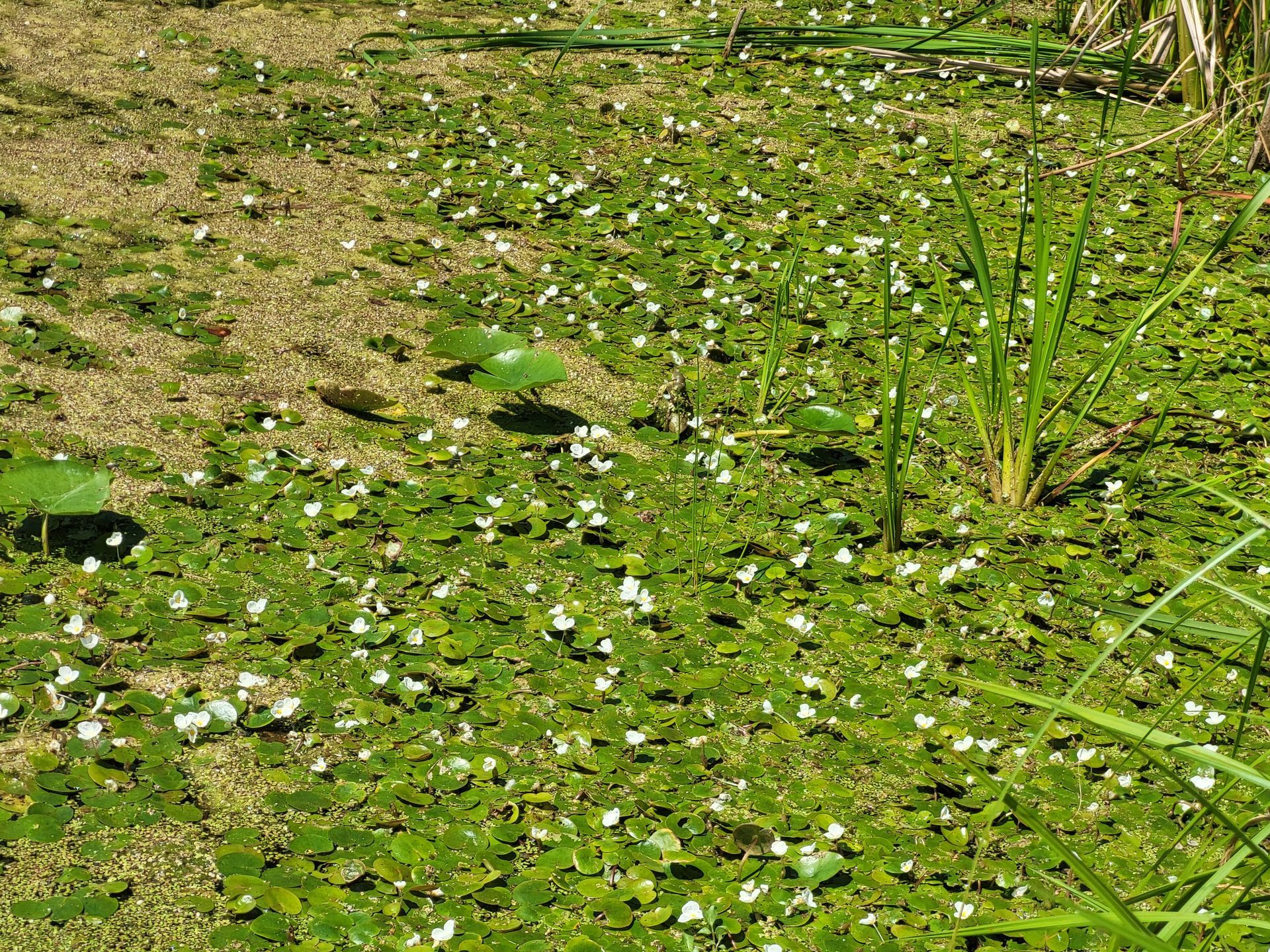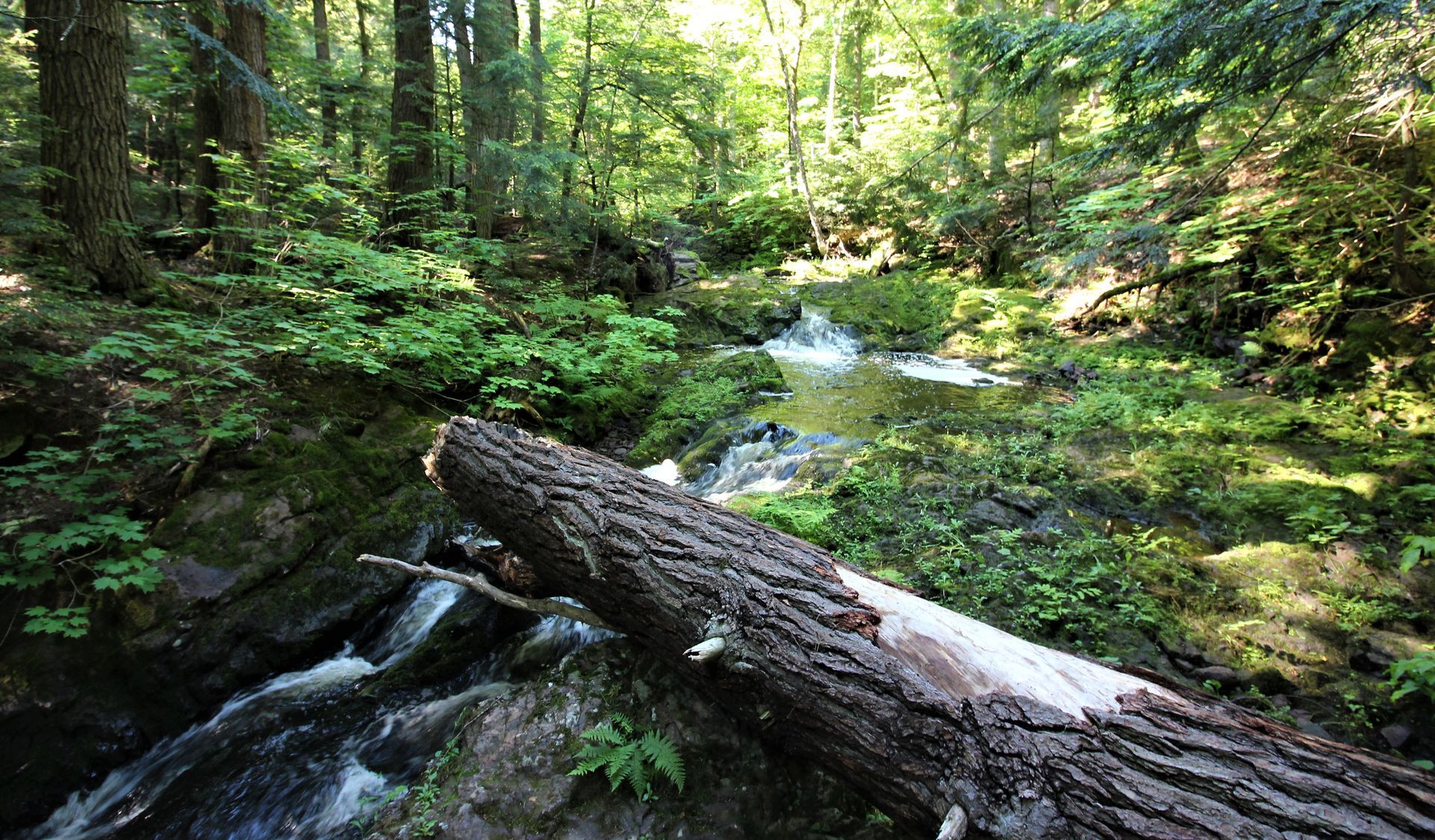Michigan Legislature Passes Omnibus Budget, Includes $64 million for Brandon Road Lock and Dam
Legislators passed a multi-department omnibus budget for the 2024-2025 fiscal year Wednesday night.
The package, House Bill 4437, heads to Gov. Whitmer for her signature. A condensed analysis of the entire budget can be found HERE .
Within the omnibus is the department budget for each segment of state government. The Michigan Department of Natural Resources (DNR) was appropriated $572 million, roughly a $40 million increase from the fiscal year 2023 budget.
A highlight within the DNR budget is a $64 million dollar appropriation to fulfill Michigan’s obligation to the Brandon Road Lock and Dam project. This crucial infrastructure project creates a series of barriers meant to keep invasive carp and other invasive species from reaching the Great Lakes and toppling the ecosystem. This line item was included as a supplemental to the FY23 budget and can be spent immediately rather than waiting for the new fiscal year in October.
Michigan United Conservation Clubs (MUCC) Chief Executive Officer Amy Trotter said this funding is a priority of stakeholders across the state and necessary to keep the Great Lakes pristine.
“Michigan is the Great Lakes State; we rely on the Great Lakes for everything from fish to drinking water to recreation,” Trotter said. “Protecting the ecosystem from invasive carp has long been a priority for stakeholders across the state, and thankfully a priority for Governor Whitmer and legislative leaders.”
Earlier in 2023, the legislature approved a $10 million dollar appropriation for wetland restoration in the Lake Erie watershed. This request came after a joint press conference between MUCC, Ducks Unlimited, Great Lakes Audubon and a bipartisan slate of legislators back in October 2022. The original request was $30 million. The DNR budget contains an additional $2 million dollars in funding dedicated to wetland restoration.
Gov. Whitmer proposed over $11 million for ongoing invasive species task force funding in her budget. The DNR budget passed yesterday contained $7 million of funding along with 21 FTEs. In a separate line item, $2 million was appropriated as a one-time expenditure for equipment for the strike team. This funding will go toward the creation of an invasive species and habitat strike team who will lead and accelerate efforts to prevent future and contain current invasive species in Michigan. This invasive strike team will focus on species that have detrimental impacts on our native species and public access.
$175,000 was included for the 2024 pheasant release program. This ensures the program can maintain a robust, predictable release season after season.
The legislature included an increase of $3.5 million dollars from the FY23 budget to provide Michigan conservation officers a salary bump. This raise would bring the salaries of Michigan COs more in line with other state law enforcement agencies and help with recruiting and retaining COs across the state.
Nearly $3.5 million was appropriated for forest fire mitigation, including new initiatives equipment, and a cooperative resource program.
A sum of $8 million dollars over two years was included for the Nature Awaits program, designed towards getting Michigan’s 4th graders into Michigan State Parks.
A handful of conservation priorities were absent from the budget.
No money for lethal cormorant control made it into the final budget. It was left out by legislators and the governor. MUCC will continue to seek this funding in future supplemental packages.
A line item funding deer drop boxes for CWD testing has been omitted from this budget, along with corresponding boilerplate language.
Stay in touch with all of MUCC’s legislative calls to action HERE .
To ensure our natural resources remain protected and managed thoughtfully and our outdoor heritage defended, join Michigan United Conservation Clubs today: http://bit.ly/JoinMUCC .
Recent Posts



